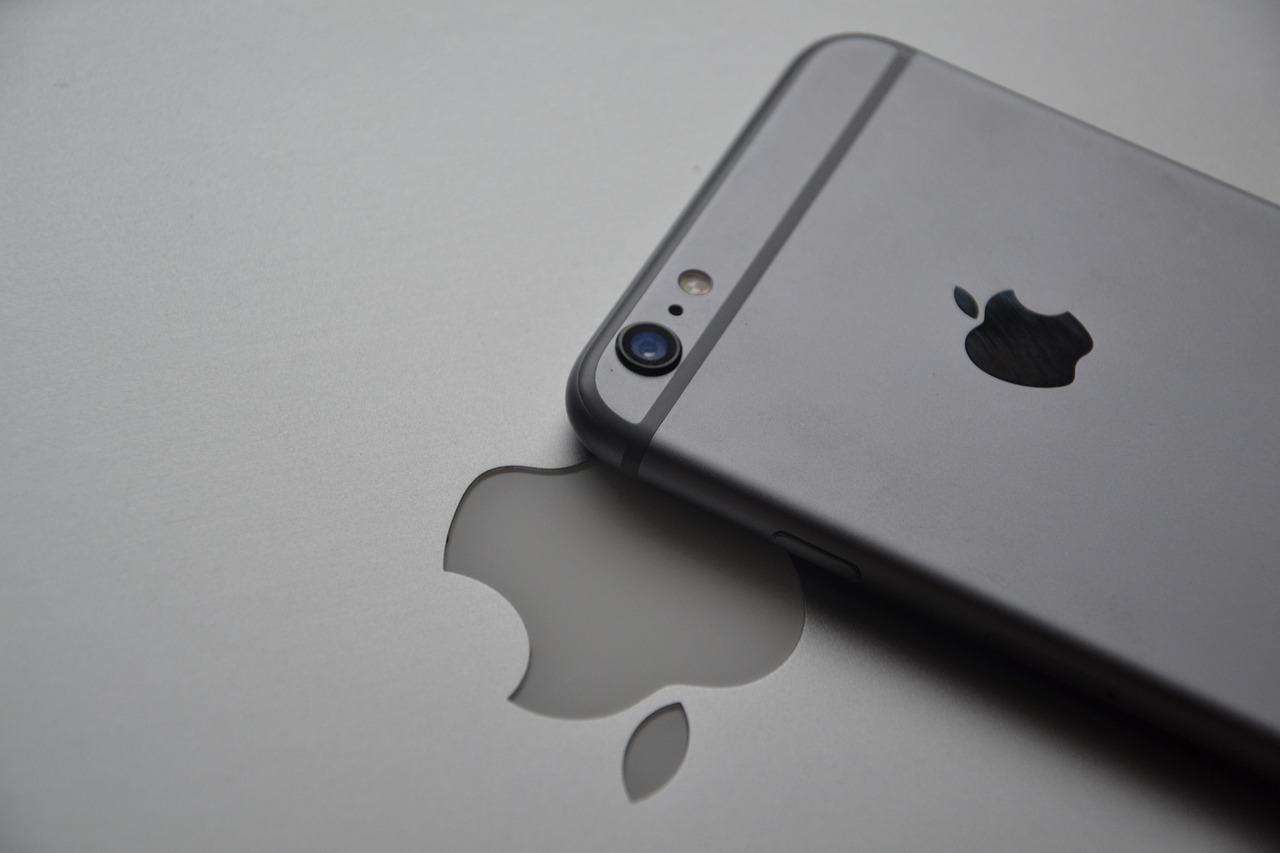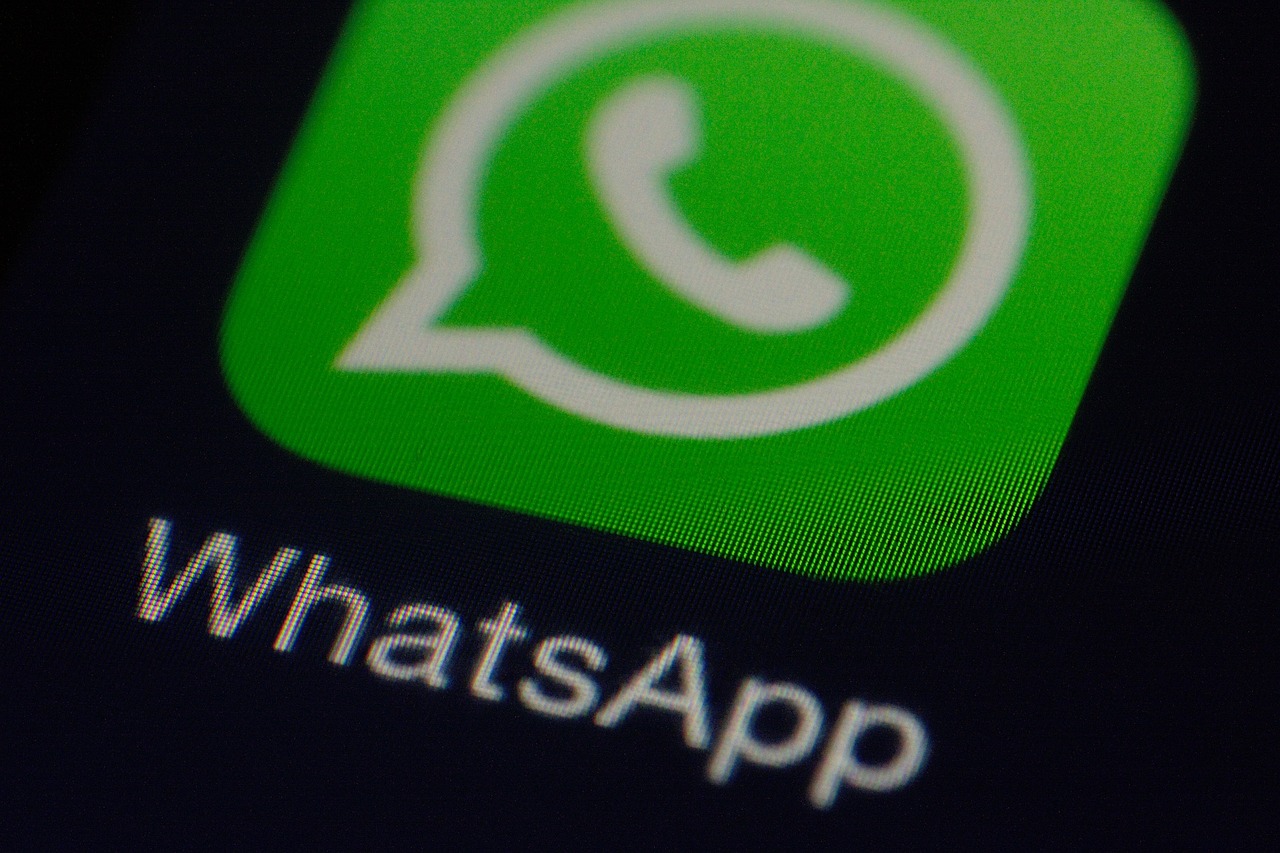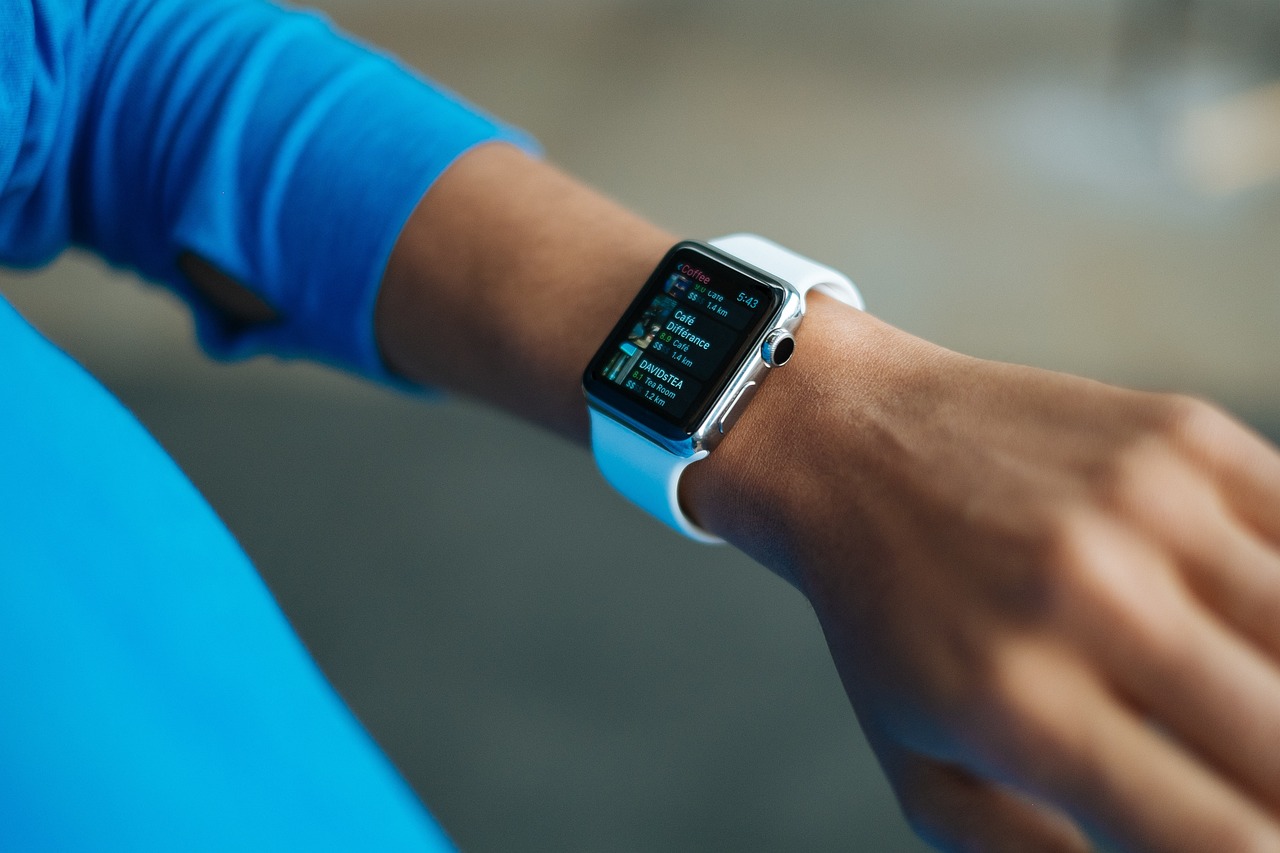A case is causing controversy in the world of justice. See if court summonses made via app are valid.
Subpoenas issued via WhatsApp are not provided for by law, but may be granted if they serve a valid purpose. With this understanding, the Third Panel of the Supreme Federal Court presented guidelines for adoption by police authorities regarding the use of messaging applications for police activities, an option not regulated by law but permitted in Brazil.
The issue was the subject of a special appeal filed by a mother who was tried in absentia in a case in which she was stripped of parental authority for not meeting the socioeconomic and psychological conditions necessary to care for her two daughters. She is represented by a public defender in Rio de Janeiro. Continue reading to understand better.

What happened?
Court officials contacted one of the minors by phone after reading the text of the summons. He then sent a document via WhatsApp in PDF format, which the Rio de Janeiro Court considered to be a completely legal procedure.
The STJ rapporteur, Nancy Andrighi, said that there is no evidence that the content reached the child's mother, who was in fact the subject of the lawsuit. He added that the person who received the document via WhatsApp was illiterate. The inability to understand the documents made the illiterate person incapable in the eyes of the law. According to article 247, paragraph 2, of the Civil Procedure Law, the citation made electronically is not applicable if the subject is incapable under the law.
The minister stated that the damage caused to the mother under trial was clear, since she lost custody of her daughters. This is because the appellant did not respond in a timely manner to the appeals court and maintained the request for deprivation of family rights in relation to her daughter. In other words, since the mother did not have access to the message, did not respond in time, and was tried with a unanimous vote for not being able to raise the girls.
Validity of citations
Nancy Andrighi's speech is an example of the difficulties that agencies face law enforcement face when dealing with procedural actions taken on messaging apps. Brazil has many ordinances, regulatory guidelines and internal regulations with varied and unequal procedural and validity requirements. The fact is that there are no laws for this.
We have Law 14,195/2021 that amends the CPC so that it is valid to provide judicial services in electronic processing, but it was signed to process the registered electronic addresses (emails) of the parties, together with a detailed verification and authorization procedure. In other words, it does not provide for applications, such as WhatsApp.
In short, as Andrighi concluded, today there is no legal basis or authority for lawsuits, subpoenas, citations through messaging applications, and any lawsuits conducted in this way are theoretically null and void because they do not comply with current standards.
However, the use of applications by the government may be valid if it is read as an act carried out without legal formality, but which achieved its objective of informing the accused.
The minister also said that it is important to first ensure that the information is actually transmitted to the recipient and that the content is clear and understandable. This is so that no action is taken without the due knowledge of all those involved. As, for example, what happened with this mother, who did not have access to the deadlines set by law or by the judges.



